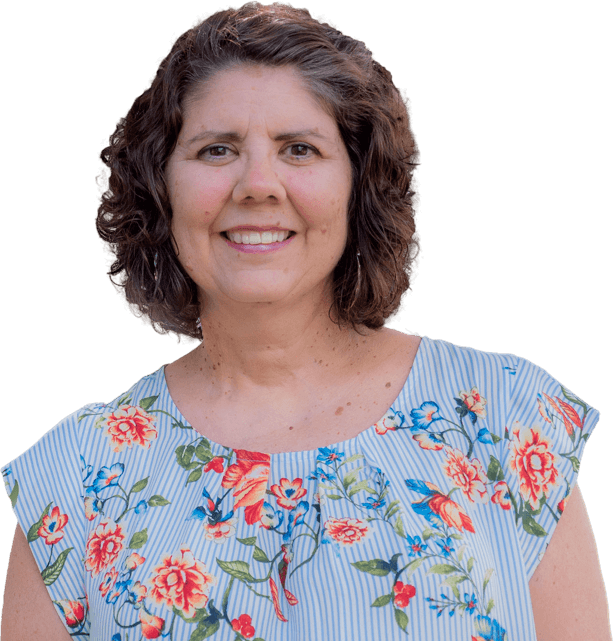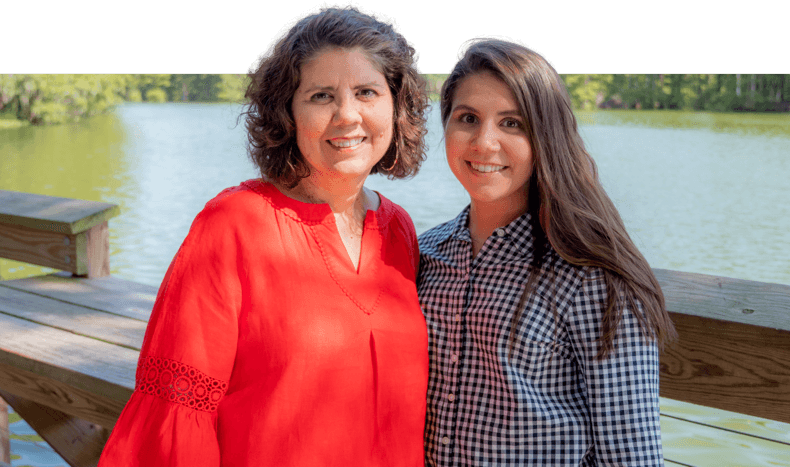
Ashley's story
Having worked in the pharmaceutical/clinical research industry for nearly 29 years and as a PPD employee for 11 years, Ashley DeStefano has always been keenly aware of the importance that drug approvals can have on patients’ lives. She says that’s particularly true for her since many of her family members have been patients. That impact became clearest to Ashley in 2010, when she was diagnosed with stage II breast cancer, and it was confirmed that she had the BRCA 2 mutation. A few weeks after her surgery that year, Ashley’s daughter, Gracie—who was 12 years old at the time—was diagnosed with type 1 diabetes (T1D).
T1D is a chronic disease with no known cure in which the pancreas no longer produces insulin and requires the person to take over that role 24/7. The family was completely new to the T1D lifestyle, having no prior family history to indicate a possible diagnosis in Ashley’s otherwise very healthy and active daughter. Thankfully, Ashley says, there were already great advances in research that allowed the family to help Gracie successfully manage her condition during their difficult time. Gracie was able to migrate to a tubeless insulin pump within six months and has used various continuous glucose monitors. Advancements in the diabetes space allowed Ashley some peace of mind when she dropped her daughter off at NC State University in 2015 for college, the first time she’d be managing her condition completely on her own.

In October of 2017, Ashley was shocked to discover her cancer had recurred with metastases to the liver. She immediately began looking for answers, doing research on traditional treatment methods, and had her tumor sent off for genomic testing. In February of 2018, she discovered that a new medicine had just been approved by the FDA a month prior for metastatic breast cancer in patients with the inherited BRCA mutation. She began the therapy. As of December 2018, Ashley’s PET scan showed no signs of cancer.
Because of BRCA testing, Ashley now has the knowledge needed to guide medical decisions for her and her family since her own diagnosis, and she’s become very interested in protocols for clinical trials involving breast cancer.
“Cancer is always evolving, but state-of-the-art research is also evolving and is being supported by PPD and other CROs,” says Ashley. “Innovative research, drug development and clinical trials are resulting in new and better treatments each day. I am confident because of these things and my faith in God that there will be a cure for cancer in my lifetime.”